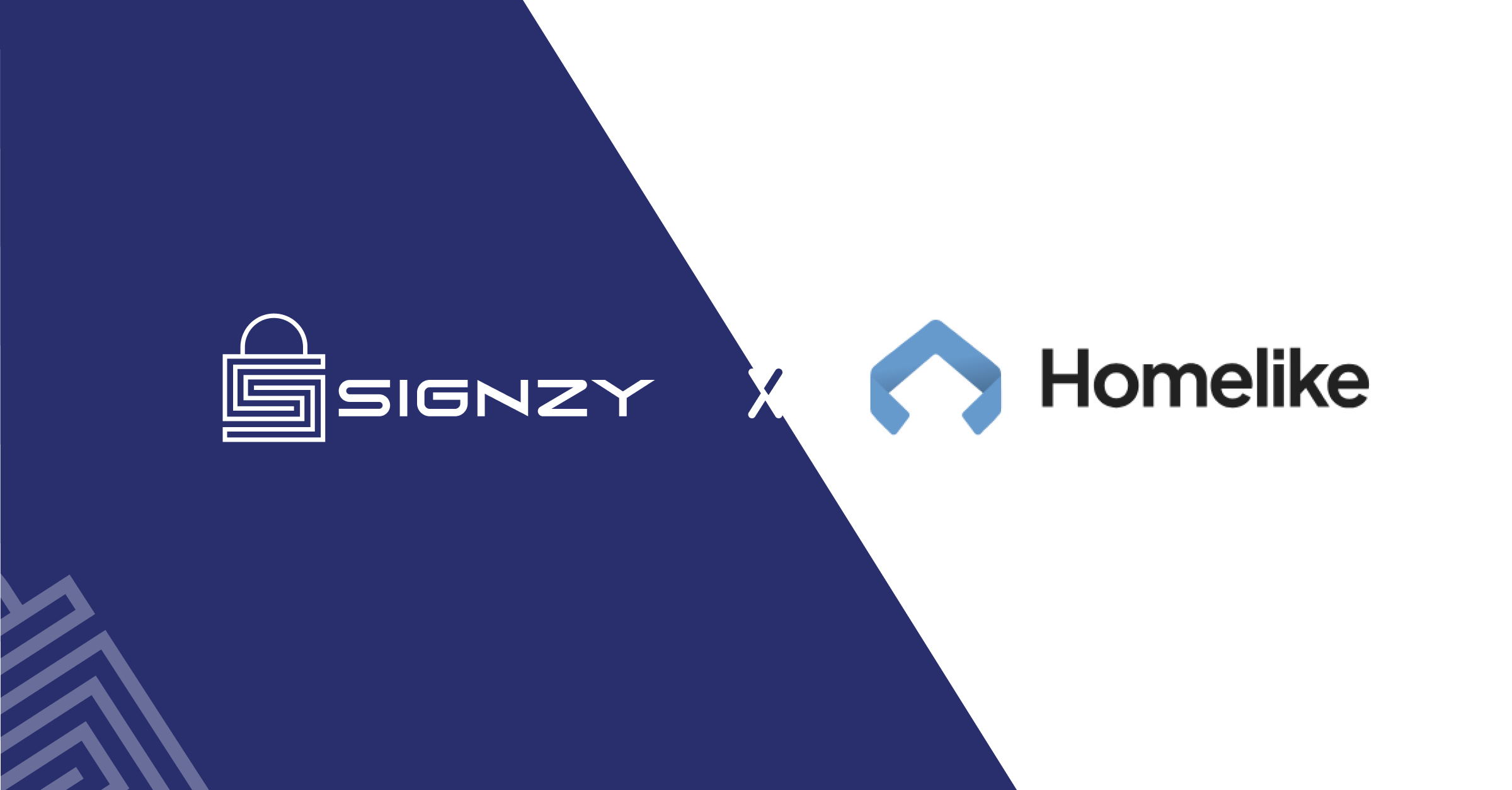Latest Blogs
View allExplore Topics
![5 Best Tools to Verify an EIN Number [Free + Paid] - 2026](https://cdn.sanity.io/images/blrzl70g/production/5acdb26c768fcb06fbd9cfbfb94a408cb3d22bd1-2560x600.webp)
Product
5 Best Tools to Verify an EIN Number [Free + Paid] - 2026
5 minutes
Product
All
January 12, 2026
![How to Lookup a Company's EIN Number? [2026 Guide]](https://cdn.sanity.io/images/blrzl70g/production/3ceee4c0b2fac3923bd2303cd5b313631bea7258-2560x600.webp)
Product
How to Lookup a Company's EIN Number? [2026 Guide]
6 minutes
Product
All
January 16, 2026

Product
Company Verification with Employer Identification Number
5 minutes
Product
All
July 18, 2024

Product
What Documents Confirm SSN? Acceptable Proof for Verification
5 minutes
Product
All
November 17, 2025

Product
How to Obtain a U.S. Social Security Number (SSN)
5 minutes
Product
All
January 8, 2026
![10 Best SSN Verification Services: Features Compared [2026]](https://cdn.sanity.io/images/blrzl70g/production/48620bfb8e6520ba651a76bd880b2fd9b5400d1e-1366x320.webp)
Product
10 Best SSN Verification Services: Features Compared [2026]
9 minutes
Product
All
January 16, 2026
![EIN Verification: All FAQs Answered [Complete Guide - 2026]](https://cdn.sanity.io/images/blrzl70g/production/f957efa7f6a4907bf20ab5686783f10f4f6fed8e-2560x600.webp)
Product
EIN Verification: All FAQs Answered [Complete Guide - 2026]
8 minutes
Product
All
November 18, 2025

Product
How to Spot Fake IDs by State? Types, Solutions, and More - 2026
9 minutes
Product
All
January 16, 2026

Product
16 Ways to Verify Address Without Utility Bills – 2026
9 minutes
Product
All
January 13, 2025
![FINRA Rule 2090: Know Your Customer Requirements [2026 Guide]](https://cdn.sanity.io/images/blrzl70g/production/ed4b5a8ceb78cf2f2d98312cecca21829dd5a6f5-1354x318.webp)
Product
FINRA Rule 2090: Know Your Customer Requirements [2026 Guide]
7 minutes
Product
All
January 29, 2025

Product
What Are Articles of Incorporation? + How to Find Them
6 minutes
Product
All
January 6, 2026

Product
EIN Search For Business Verification: 6 Methods (Free + Paid)
8 minutes
Product
All
January 20, 2026

Product
SSN vs. EIN vs. ITIN: Business Owner’s Guide to Taxpayer Identification Numbers
7 minutes
Product
All
August 6, 2025

Product
CURP, RFC, and CLABE: Complete Mexico ID Guide (+ When to Use What)
7 minutes
Product
All
September 3, 2025
![How to Verify TIN Online? Free, Paid, and Bulk Methods [2026]](https://cdn.sanity.io/images/blrzl70g/production/17b953e70e885c58b7a41d0d921c545f3854782c-2821x663.png)
Product
How to Verify TIN Online? Free, Paid, and Bulk Methods [2026]
6 minutes
Product
All
January 16, 2026

Product
How to Verify a Government-Issued Identification Number?
7 minutes
Product
All
September 5, 2025
Subscribe to Our Newsletters
We love to write and share everything new we've learned while building the most seamless onboarding journey for businesses!
Please complete the reCAPTCHA verification to enable the Subscribe button


![9 Best Bank Account Verification Tools in the US [2026 Guide]](https://cdn.sanity.io/images/blrzl70g/production/9677bdf161ed4344836465d22af632de210b5334-5641x1325.webp)
![7 Best Passport Verification Solutions [2026 Rankings]](https://cdn.sanity.io/images/blrzl70g/production/23de260f1b00a6852d34dccf5febbcf942457675-2821x663.webp)
![9 Best Identity Verification Software for 2026 [US Guide]](https://cdn.sanity.io/images/blrzl70g/production/5ff0079f1de485dd7d67cea676b5877b8d019e34-2821x663.png)















